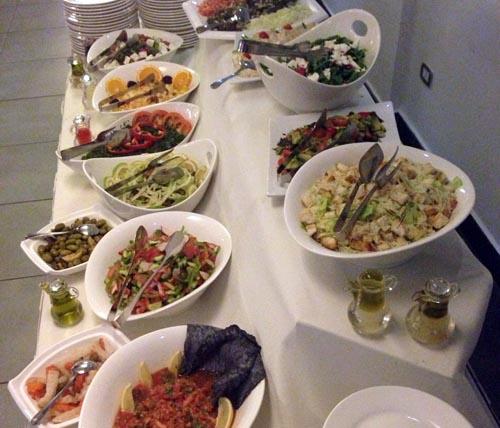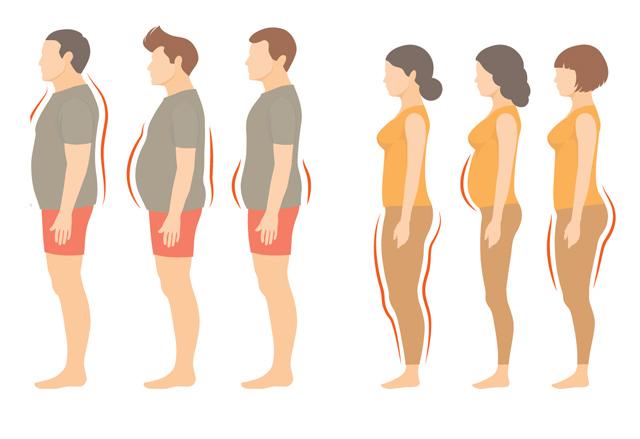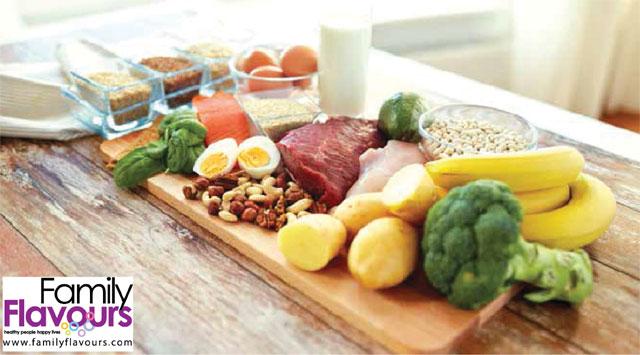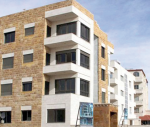You are here
Fasting and fit!
By Serein Behari , Family Flavours - May 05,2019 - Last updated at May 05,2019
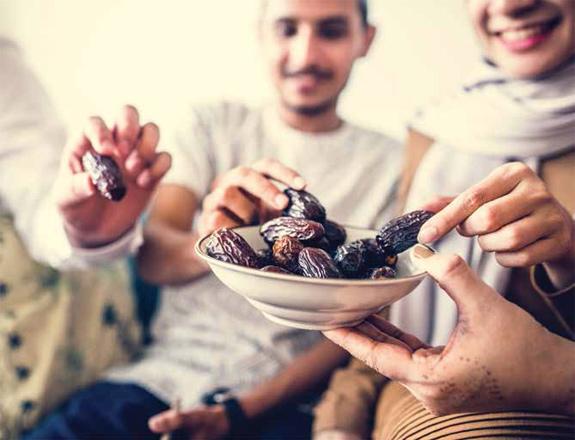
Photo courtesy of Family Flavours magazine
Ramadan can be a challenging time for many Muslims trying to achieve weight-loss goals. But with proper planning and the right guidance on diet, nutrition and exercise, it is still possible!
Just because it is Ramadan does not mean you should suddenly change your diet drastically. It might be the case that you will not does not be able to fit the same amount of meals into your eating window between Iftar and Suhur than you would on a normal day outside Ramadan, but you can try and keep the amount and quality of food you consume in those meals the same.
When you have been fasting for so many hours, you are understandably going to be very hungry. When Iftar comes around it can be very easy to eat everything you lay your hands on and binge on foods that are calorie dense and won’t help you achieve your health goals.
Instead of filling up on mountains of junk food at Iftar, I advise breaking your fast with foods that are filling and full of nutrients. While we have to watch for total calories, we also have to watch the quality of those calories. For example, 100 calories from beef will not have the same effect on your body as 100 calories from a chocolate bar.
Including quality source of protein
This should be the cornerstone of your diet during Ramadan because fasting for so many hours means that you run the risk of muscle protein loss. Every meal should include a quality source of protein: fish, chicken, yoghurt, whey, eggs and tofu if you are vegetarian. If you want to finish the Holy Month with better body composition than when you started, then ensure your protein intake is sufficient. Protein is vital for growth and repair of tissue in your body, including skin and hair, but most important, muscle. If you are still training hard during Ramadan, which I encourage, then your body’s protein need will be high.
Getting fats from the right sources
No, fats are not all bad. Healthy fats are a great addition to your Ramadan diet that will aid your weight loss goals, provided you’re getting them from the right sources. Fats have a bad reputation as they are linked to obesity, heart disease and high cholesterol. But this is not true. Fat is vital to a healthy diet and an optimally functioning body. Fat can be a great source of energy during Ramadan since you will spend most of the day fasting. It is important to get the right fats in your diet though. Avoiding processed and fast foods is your best way to limit trans fats as they are associated with several health problems. Also, read the ingredients lists on labels for partially hydrogenated oil which is used to help increase shelf life and save costs. Hydrogenation is a process in which a liquid unsaturated fat is turned into a solid fat by adding hydrogen.
Choosing your carbohydrates wisely
If you like to include carbs in your diet, ensure they are from quality sources that will support your health goals. This means carb sources that make you feel satisfied and full, such as sweet potatoes, brown rice, quinoa and oats. One of the best times to consume carbs is after training. A small helping in your last meal of the day can boost the production of serotonin — the hormone that helps you to relax.
Staying hydrated
Rehydrating during Ramadan is especially critical this month when the weather is getting warmer. Water is key to the optimal functioning of our body and mind. Dehydration is responsible for the down-regulation of almost every cellular process in the body. Event three per cent dehydration can dent our strength and power output in the gym. Without enough water, the liver will metabolise less fat because it has to take over some of the functions of the kidneys when you are dehydrated. It is very easy to become dehydrated during Ramadan as long days of fasting mount up. I recommend aiming for a steady intake of two litres of water between iftar (sunset meal) and suhur (pre-dawn meal). Try to avoid sugary drinks or foods high in salt which will make you more thirsty.
Getting enough sleep
The relationship between sleep and weight loss is one that is well researched and proven. Sleep is vital for ensuring optimum health, recovery and performance, and it ultimately helps us realise fat loss goals. But when we are fasting during the Holy Month, sleep becomes even more important to counter the stress it puts on our body. Getting enough quality sleep is important for healthy hormone balance. It is when your body produces the most testosterone and growth hormone (important for both men and women). But it also helps reduce the stress hormone, cortisol, which when you are sleep deprived, is increased to keep your body running but results in lower “real” energy, mental fog, fatigue and hunger cravings. I recommend getting between seven to eight hours of good quality sleep.
Being active
Being active plays a big role in overall calorie burning during the day and that is not just exercise; it can be walking upstairs, cleaning the house or running after your kids. Ramadan is a special time for Muslims in Jordan to worship and self-reflect. While the 30-day fasting period can be challenging in meeting our fitness and health goals, it is possible to complete the Holy Month fitter and healthier.
Reprinted with permission from Family Flavours magazine
Related Articles
Hydration during sohour and iftar is key to survive the 16 hours of fasting in-between, according to nutrition and fitness experts.
Clinical Dietician Body shape categorisation (apple, pear and so on) has left many of us focused on our body shape.
Is a sluggish metabolism keeping you from losing weight or increasing your risk of illness?


